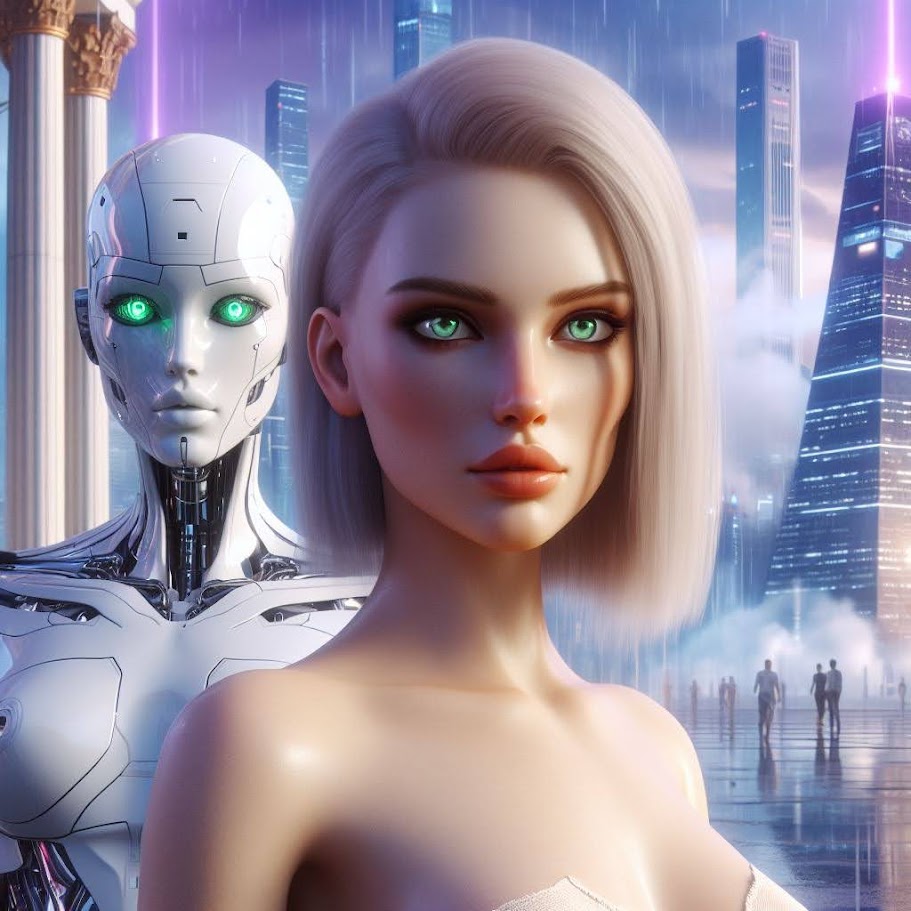─Nihilism in Our Technological Cycle:
The legacy of humanity, thanks to the ‘archive,’ is a quality that makes it eternal from an artistic and literary perspective. From poetry to architecture, issues related to its thinking are addressed, which involve the analysis of man, his crisis, and/or human drama. Societies and civilizations interweave, considering the parallels that can be found between the ideas of Latin American thought from the last century by Carlos Fuentes, i.e., the ‘analog era,’ and the thoughts of the South Korean philosopher (based in Germany since the age of 22), Byung-Chul Han, who has written about Heidegger, Buddhism, and Hegel.
With this approach, we aim to analyze the current relevance of thought and its accumulation of specters, as modernity ensnares and dissects us, replacing us with concepts such as «divided development, unequal development, disintegration…» focused on the analysis of the aforementioned aspects. Carlos Fuentes, the cosmopolitan who guided literature towards modernity, derived these from the effects of technification and the consideration of science as a substitute for dogmas.

Byung-Chul Han, a critic of a technological culture that prioritizes the affirmation of «likes,» gains followers worldwide with his ideas on the impact of neoliberalism on the individual, palliative society, or fatigue. Concepts like the digital swarm seem to have been previously addressed by Carlos Fuentes (1928-2012), who inherited from the great international modernism the faith in the novel as an operative to cipher and decipher contemporary experience.
Today, Byung-Chul Han’s books are prestigious bestsellers in a country still passionately debating its living philosophers. Although he writes in German, his oriental origin considers him one of the most prominent philosophers of contemporary thought due to his critique of capitalism.
For Mexican writer Carlos Fuentes, Latin America lives immersed in a «culture of crisis,» marked inexorably by being human. Humans are creatures that invent an idea of themselves and then stubbornly try to resemble it. It is essential to note this characteristic because, during its technological evolution, humanity has lost spiritual reason. So, the new crisis of humanity has its fundamental origin in the hegemonic triumph of the ‘delegation of reason’ to computers and/or specialists who handle programming languages, surpassing the thought we could define as rational, stemming from the collective unconscious.
While for Byung-Chul Han, hyperconsumerism, self-exploitation, and fear of the other are distinctive features of modern civilization. According to the creative capacity of the human being, it destroys itself by being within the agitation of ‘being’ for performance. At this point, «The mobile phone is an instrument of domination. It acts like a rosary,» something that could be the beginning of Dataism. How valuable have the advances made by science been for human development? Byung-Chul Han argues that the dominance of technification has awakened in humans a Promethean spirit that has led to transgressing certain limits with devastating consequences for themselves and the entire planet. Therefore, a ‘man of progress’ is, in essence, a ‘reactive man’ today. Han denounces Big Data and Artificial Intelligence as new psychopolitical means influencing human behavior subtly, much like radio and television messages once planted ideas of atomic wars and continuous environmental damage.
On the other hand, there is the spiritual crisis, leading citizens to navigate a world where the hegemony of consumerism has caused a brutal nihilism to take root. The consequence has been an impoverishment of the spiritual values that define us, such as dignity, selflessness, appreciation for well-executed things, respect for others, shame, or the crisis of myths. In this scenario, the lack of family collaboration (due to labor enslavement), as well as the repressive forces of public order (in the process of privatization) that fail to educate or instruct, deepens the spiritual crisis of citizens. Therefore, Carlos Fuentes delves into his exploration of city life, initiated with ‘Where the Air Is Clear,’ where we all lift our heads and realize that the current crisis is not remedied with lamentations but with generous actions that lead us to defend our essences.
The crises that historically impoverish us create a type of global culture that subsumes, includes, and defines the economic, political, personal, and spiritual relationships of a society. If historical data provides us with anything, it’s that since the creation of the Amsterdam Stock Exchange in 1602 by the Dutch East India Company, it placed monetary value on the life of a slave to turn that slave into a worker during the time of the first industrial revolution. Presently, it turns individuals into consumption addicts. Consumption does not make us free; quite the opposite. According to Byung-Chul Han, we do not consume because we are free, but rather, it is consumption that enslaves us. We work more and more to meet needs that are not real. In other words, the novel gadgets that are ‘in fashion today and outdated tomorrow’ have become tools of digital subjugation, creating addicts.

Today’s ─Monday, January 8, 2024 08:23 p. m.
Rodrigo Granda: Creative Writer and Transhumanist. ©️2014-2024

